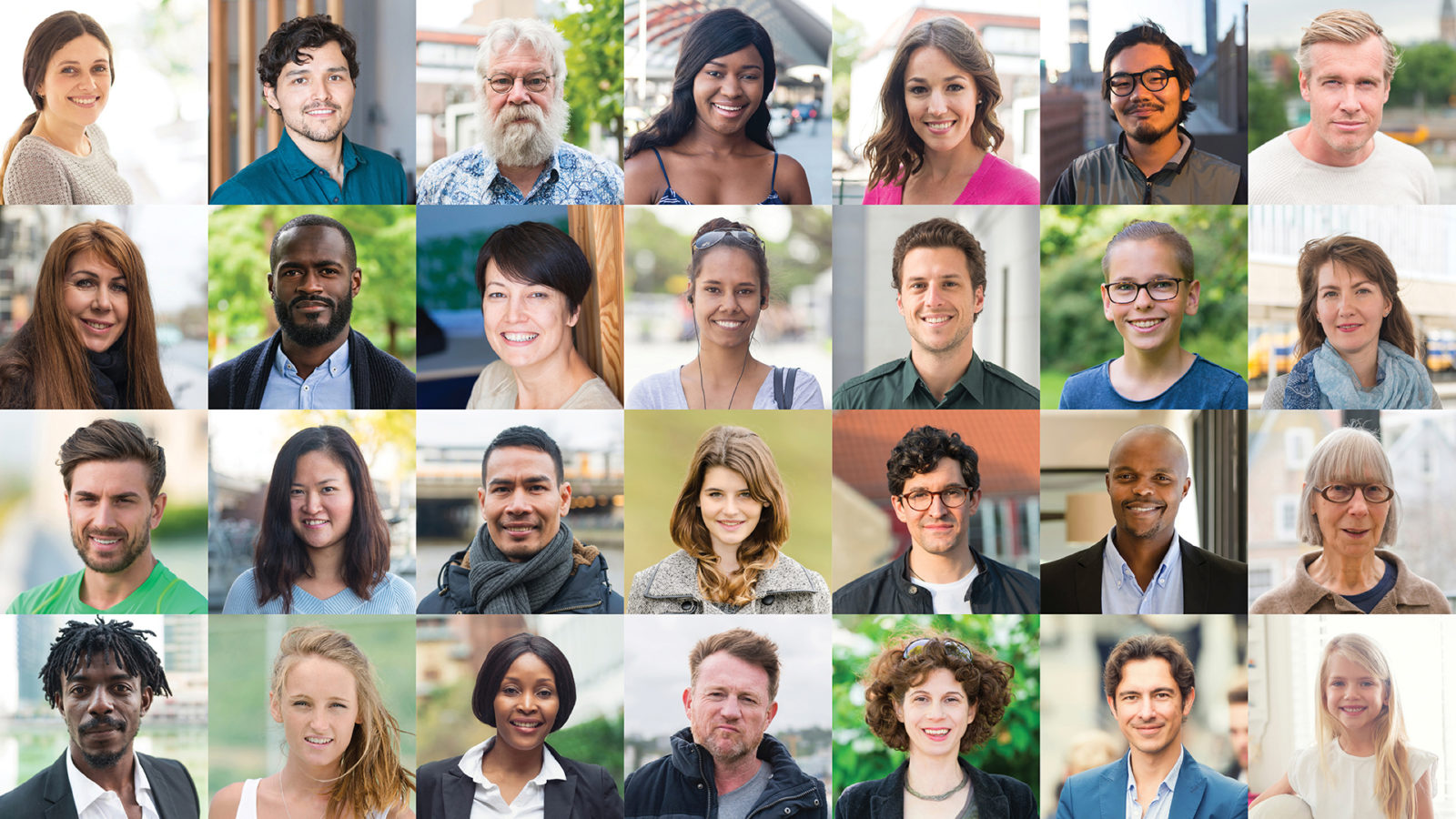We’ve all been in a group setting where the facilitator will ask you to “identify yourself”. You will probably give your name first, then perhaps describe the work that you do, the place you come from and your family situation.
To speak about “identity”, then, is to speak about how we establish our place in the world around us. It is a useful tool for putting ourselves and others on the map of relationships—those who we live with, work with and influence—helping us to quickly understand how we should be interacting and working together.
As members of the Seventh-day Adventist Church, we share a common identity. Our Church website provides the following description of who we are:
“Seventh-day Adventists accept the Bible as the only source of our beliefs. We consider our movement to be the result of the Protestant conviction Sola Scriptura—the Bible as the only standard of faith and practice for Christians.”
We then expand on this definition, by adding, “Currently, Adventists hold 28 fundamental beliefs . . .”
What I appreciate about this description of “who we are” is that, although our source of belief and identity is found in the Bible, there appears to be an openness to examination and development of what we believe, indicated by the use of words such as “currently” and “movement”.
Within our Adventist culture, I have observed that tension often arises in response to a perceived threat to our identity. When our identity is challenged we need to respond. We need to decide whether to preserve and protect, or whether to allow change, which is often accompanied by vulnerability.
As I have reflected on my personal identity within the Adventist Church, often in response to these tensions, I have needed to address the extent to which my identity is linked with that of the Church. Are there any beliefs that could be removed, changed or proven wrong? And if there are, would it impact on how I understand who I am? How much could be stripped away before my confidence in Jesus Christ as Lord and Saviour would be threatened?
Identity preservation and development are necessary and have a place. However, at times, parts of our identity must be allowed a back seat if we are to achieve a greater purpose.
When Jesus was with His disciples, He asked them, “‘Who do people say I am?’ They replied, ‘Some say John the Baptist; others say Elijah; and still others, one of the prophets.’ ‘But what about you?’ he asked. ‘Who do you say I am?’ Peter answered, ‘You are the Messiah.’ Jesus warned them not to tell anyone about him” (Mark 8:27–30).
Why did Jesus ask this question? Do you think it was because He didn’t know what others were saying about Him? Or was it because He wanted the disciples to have thought about and verbalised the identity of the One they were following? He understood that if their confidence was placed on the belief that Jesus was simply a great teacher, prophet or future king, this confidence was about to be shattered. He needed for them to know His identity as “Messiah—Saviour of the world”. [pullquote]
The apostle Paul writes the following about Christ (Philippians 2:6), “Who, being in very nature God, did not consider equality with God something to be used to his own advantage; rather, he made himself nothing by taking the very nature of a servant, being made in human likeness.” Are we willing to do the same—make ourselves nothing? When interacting with others do we try to lessen our identity and “place on the map” so that Christ may be revealed through how we listen, speak and behave?
If Jesus found it necessary to hide His identity so that He could carry out His purpose to save the world, then as His follower, I would be wise to do the same if that identity hinders or restricts my ability to reveal Jesus Christ as Lord and Saviour.
As Adventists, we take seriously Jesus’ commission to “go and make disciples of all nations”. We are very intentional about our efforts to teach obedience to everything Jesus commanded.
In our local churches we learn the importance of discipleship. We learn what disciples do and how to do it. However, I have noticed a lack of emphasis or explanation as to how others can identify us as disciples.
It’s a little like the illustration that Jesus provided to the lawyer who asked Him, “Who is my neighbour?” The focus being on who, in particular, should I direct my efforts toward? Jesus re-formed the question, which should have been “who sees you as a neighbour?” It’s not so much about how we see ourselves and what we do, but how others see us and what we do.
Christ was very specific that disciples should be identifiable. In John 13:34,35 He says, “A new command I give you: Love one another. As I have loved you so you must love one another. By this everyone will know that you are my disciples, if you love one another.” A disciple of Christ is known, not only by action and word but, more importantly, by whether the disciple displays love to others.
I want to be part of an Adventist community that, when it addresses a challenge to identity, does so in a manner that is loving towards each other. What I remember when tensions are addressed is not so much who was right or wrong, but how they treated each other in the process. Did they reveal Christ to me in the way they dealt with each other?
It seems to me that identity should not be established on the food we eat, the work we do, who our family is or even 28 fundamental beliefs. Each of these may be vulnerable to challenge, erosion or destruction. Our identity, as followers of Christ, must start, exist and end in knowing Christ, and making Him known, if we are to live well.
Like the apostle Paul, we need to be able to say, “I consider everything a loss because of the surpassing worth of knowing Christ Jesus my Lord, for whose sake I have lost all things. I consider them garbage that I may gain Christ” (Philippians 3:8).
Brigid Peddie lives in Christchurch, New Zealand. She shared this worship for the South Pacific Division Executive Committee on May 15, 2019.






